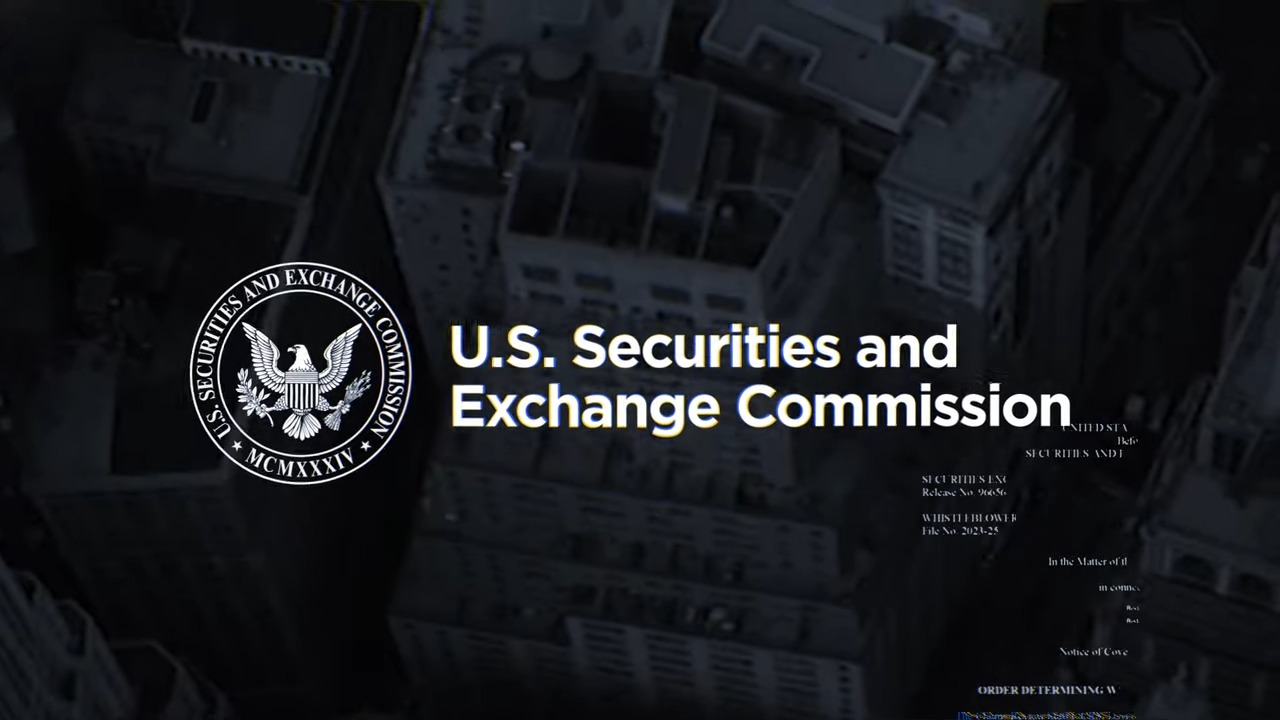U.S. Securities and Exchange Commission (SEC) Chairman Gary Gensler criticized the cryptocurrency industry this Tuesday, claiming a widespread lack of essential disclosures and stating that investors are not receiving the information legally owed to them, sparking concerns amid heightened regulatory scrutiny.
Addressing the industry following a Wells Notice issued to Robinhood’s crypto arm, Gensler emphasized the widespread failure in providing crucial information to investors. He stated, “The field of crypto assets, many of those tokens are securities under the law of the land as interpreted by the U.S. Supreme Court. So we follow that law, and you, the investors, are not getting the required or needed disclosures about those assets.”
While deflecting specific questions about Ethereum’s classification, Gensler focused on broader issues within the crypto sector, underscoring the discrepancies in operational standards when compared to traditional exchanges. “To me, the fundamental question is, ‘How do we ensure the American investor is protected?’ And right now, they’re not getting their required or needed disclosures, and the intermediaries in the center of this rather centralized market generally are conflicted in doing things we would never allow the New York Stock Exchange to do,” Gensler explained.
In stark contrast, Joseph Lubin, Ethereum co-founder and CEO of Consensys, accused the SEC of deliberately hindering technological advancement to safeguard the existing financial system. Speaking at a major industry event, Lubin criticized the SEC’s tactics. “The SEC appears to have reclassified Ether as a security without telling anybody that that’s the case. They are going about a strategic series of enforcement actions rather than open discourse and clear rulemaking,” he stated.
Lubin suggested that the SEC’s aggressive enforcement might be a strategic move to bolster its stance against potential challenges, particularly concerning the approval of Ether spot ETFs. “We believe that there’s a flurry of activity designed to enable them to say that their action wasn’t capricious in the very likely event that they deny the Ether spot ETFs,” he added, noting the significant improvements in the crypto ecosystem’s scalability and usability, which are attracting substantial attention and capital.
He further speculated that the migration of traditional banking customers to innovative, decentralized financial platforms is causing alarm among established financial institutions. “The SEC probably doesn’t want to see a wave of innovation that will really transform the landscape,” Lubin concluded, highlighting the ongoing conflict between new financial technologies and established regulatory frameworks.
Read More
- A Year After Lubin Praised Gensler, His Company Consensys Sues SEC Over ‘Unlawful Seizure of Authority’
- SEC Under Fire: US House Rips Ethereum Probe, Accuses Gensler Of Misleading Congress
- SEC Declares War Against Robinhood, former SEC Chief Predicts Crypto Onslaught Will Continue
Yona has no crypto positions and does not hold any crypto assets. This article is provided for informational purposes only and should not be construed as financial advice. The Shib Daily is an official media and publication of the Shiba Inu cryptocurrency project. Readers are encouraged to conduct their own research and consult with a qualified financial adviser before making any investment decisions.










